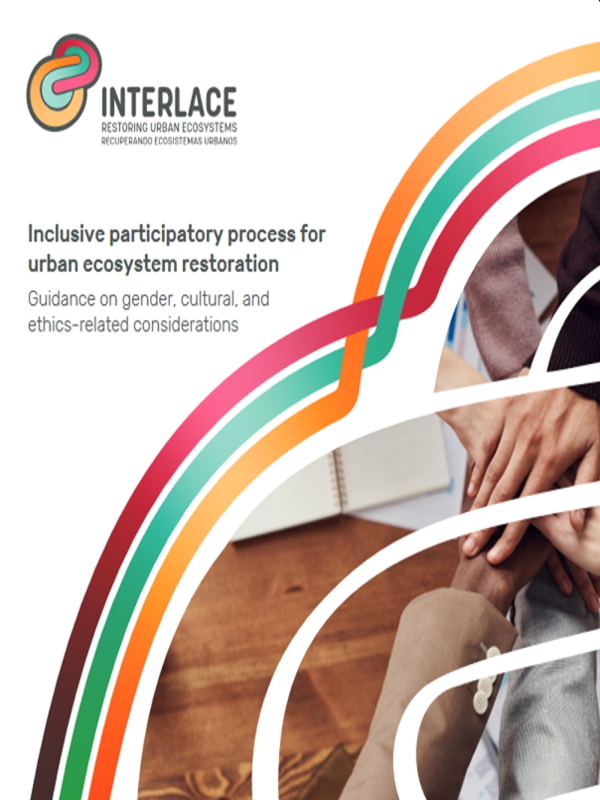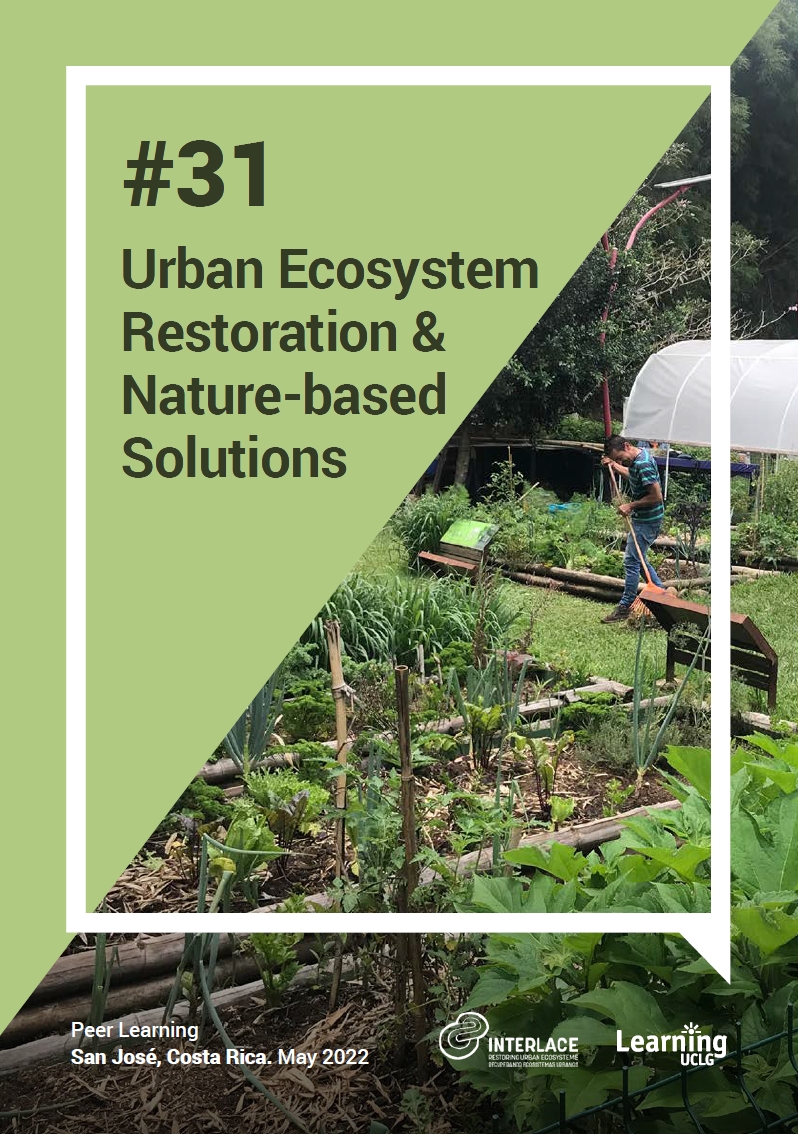Bild von SimoneVomFeld auf Pixabay
How can nature conservation measures be designed to increase the resilience of ecosystems to climate change? This is the focus of a research project funded by the Federal Agency for Nature Conservation (BfN) and led by the Ecologic Institute. The project aims to develop a scientifically sound and practical concept for assessing and promoting the climate resilience of ecosystems in Germany. The results are intended to provide strategic impetus for a climate-resilient approach to nature conservation.
Why is climate resilience crucial in nature conservation?
Climate change-induced extreme events, such as droughts, heavy rainfall and heatwaves, are pushing many ecosystems to the limits of their resilience. The result is declining biodiversity, disrupted material cycles, and the loss of valuable ecosystem services, ranging from soil fertility to water regulation. Resilient ecosystems are better able to withstand such stresses, recover more quickly, and adapt to changing conditions. However, there is currently a lack of concrete concepts for systematically integrating climate resilience into nature conservation planning processes.
The goal is to develop a practical concept for climate-resilient ecosystems.
The project focuses on developing an assessment and action concept that can identify, evaluate and strengthen the resilience characteristics of different ecosystem types. This concept must be scientifically sound and applicable to nature conservation practices, such as the selection and design of conservation measures or land-use planning.
Ecologic Institute: Scientific leadership, practical relevance and impact
As the project's lead partner, the Ecologic Institute is responsible for conceptual and methodological development of the resilience approach, analysing resilience-promoting characteristics in different ecosystems and deriving practice-oriented recommendations for action. Together with a project working group (PAG), the Institute ensures that the concept development incorporates perspectives from administration, planning and science. The project's results will be presented in workshops, guidelines and an international specialist publication. The project will support actors at federal, state and local levels in developing and aligning climate-resilient nature conservation strategies for the future.







